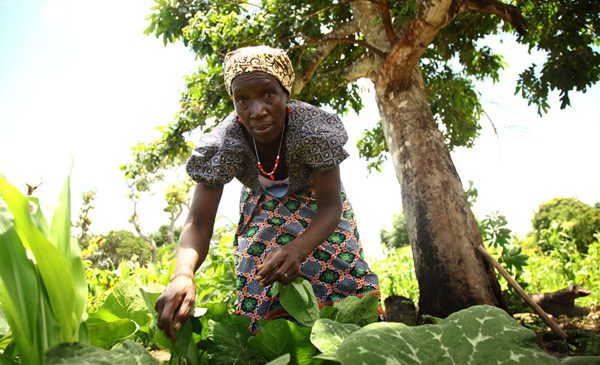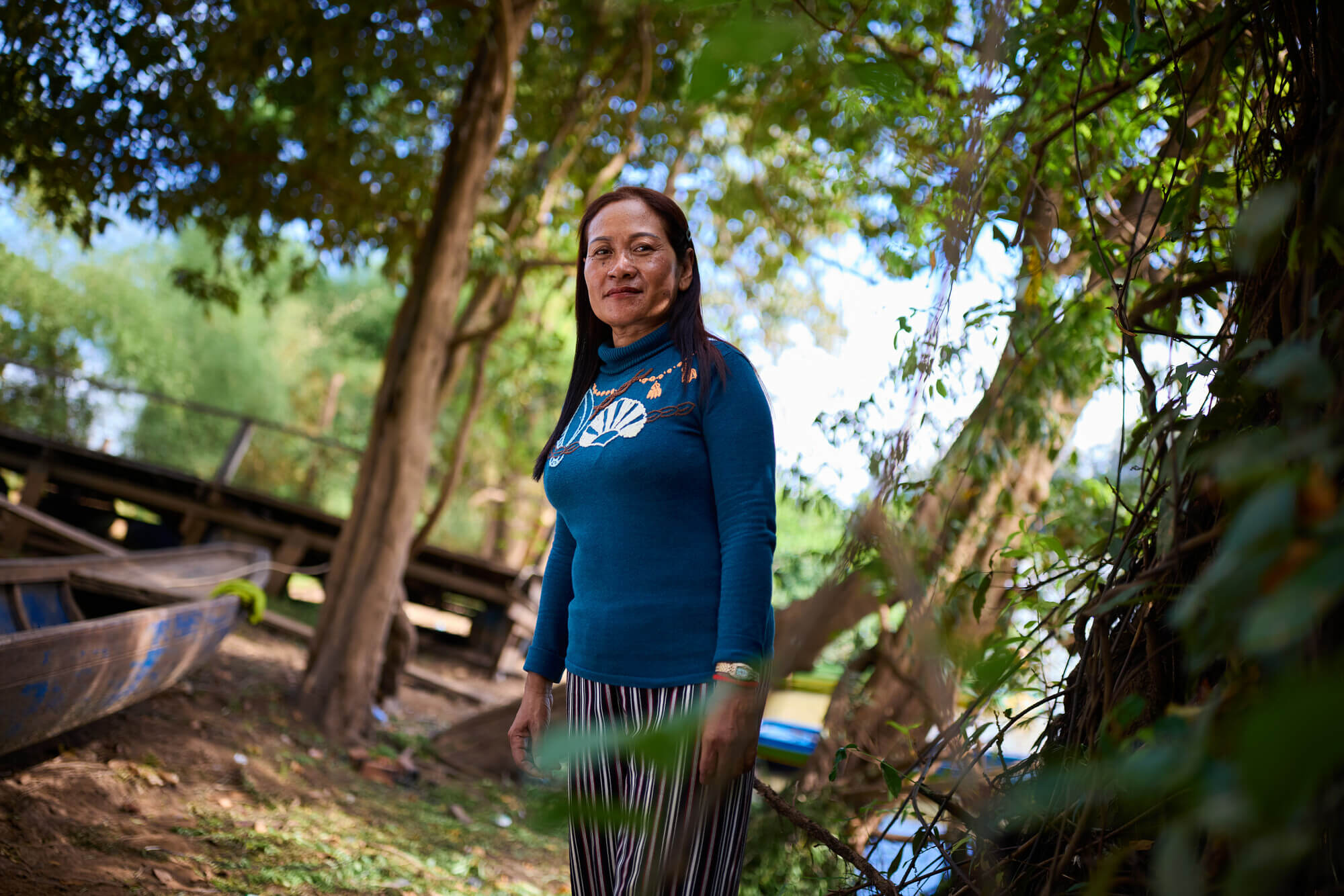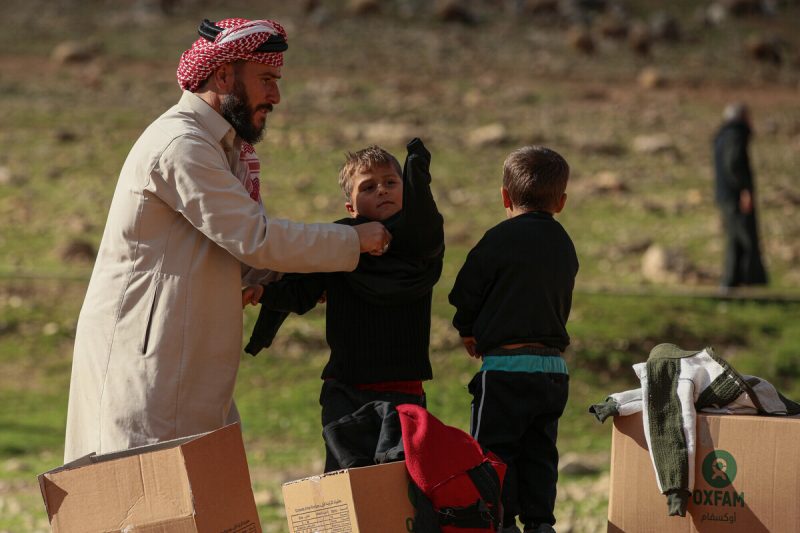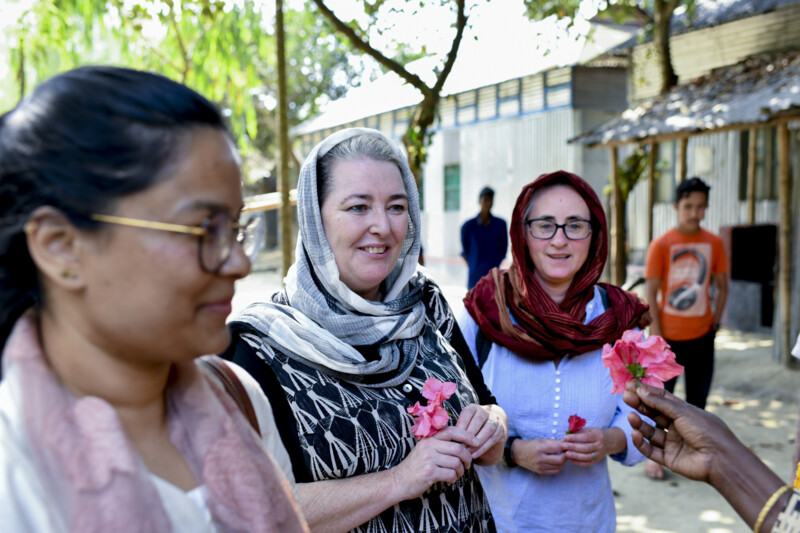Last week we brought you the first instalment in our new series of blog posts from Mozambique, where Oxfam is working with local partners to help poor people overcome hunger and chronic malnutrition caused by years of drought.
Our first instalment featured a 2009 interview with Ecerina, a grandmother from Inhambane province looking after two of her own children and six of her orphaned grandchildren. At the time, Ecerina had just harvested her first crop using techniques in drought-resistant farming that she learned from our local partner Mahahle.
In January 2011 our photographer Matthew Willman went back to see how Ecerina was doing.
Ecerina’s story, part two
Can you tell us about the time that has passed since we last came to interview you, and what the harvest was like? What crops did you grow?
Ecerina: I grew several crops but a lot were damaged because of the drought. I have pineapples that grow better than the other crops – I sold pineapples, and got some money.
What has changed since we last came to interview you?
Ecerina: My income has improved with the selling of vegetables and chickens – even the amount of food we have to eat at home has improved. I earned some money and I bought some vegetables to feed the family members. Also I sold the plants.
What do your children think of the pineapples you’re growing? Do they like them?
Ecerina: Yes, they like them and are happy because they can eat them as a dessert after meals.
What challenges have you had since we were last here to interview you?
Ecerina: The main challenges have to do with being hungry, and the drought. If the children don’t have food they won’t go to school.
What positive things have happened as a result of the Oxfam programs?
Ecerina: The chickens, I sold them and got money to support a cousin to go to school. We have more food to eat — from the vegetables I grow and from the plants I sold, I had money to buy other food.
What do you hope for the future?
Ecerina: I would like to see my grandchildren grow and be well and go to school and get good results. Also I would like to improve my health, and I would like to have a means to improve agricultural activities – a cow to plough the land.
Next week we’ll introduce you to Alda from Gaza province. Her story will show just how life-changing a cow can be!
(Want to help make a difference? Donate to our Stop Hunger appeal and support our work with poor communities in Mozambique.)



